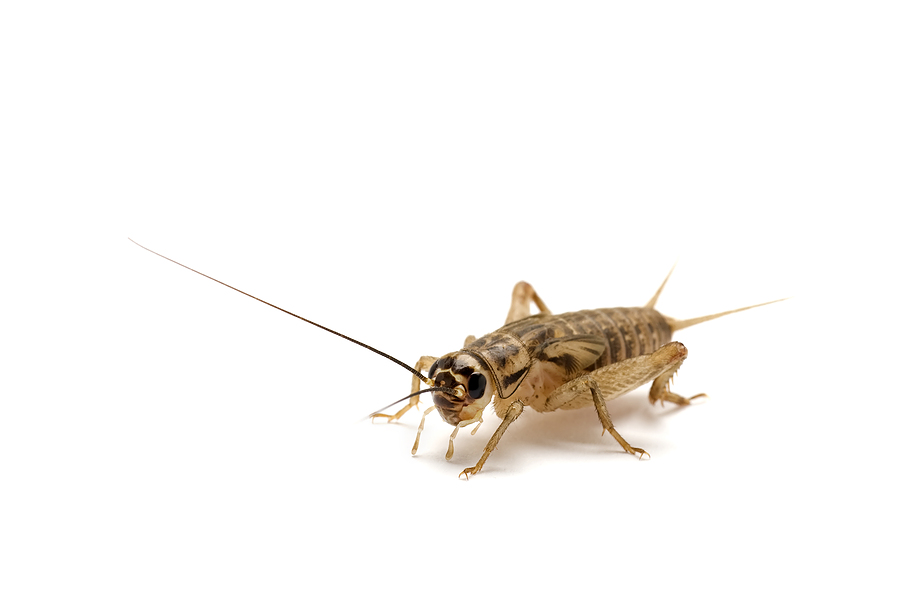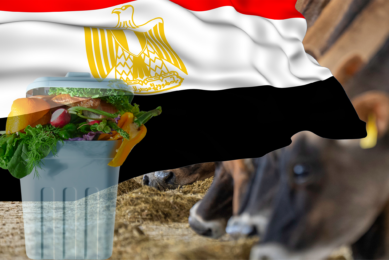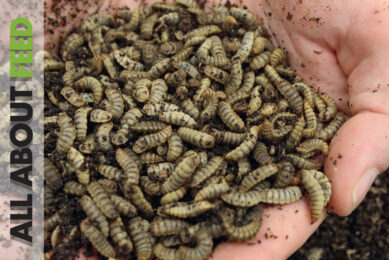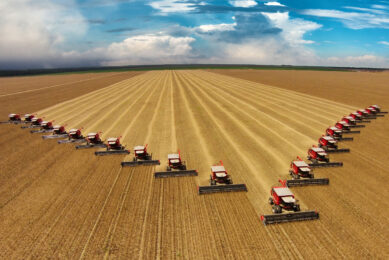Some insects show higher ADG than livestock

Are insects better and more efficient than normal food producing animals? Dennis Oonincx, researcher at Wageningen UR in the Netherlands revealed that some insects show great feed conversion capacities. This can even be improved when the insect diets are optimised. He will defend his PhD work on this topic on January 6th.
Oonincx looked at five criteria; reproduction capacity, nutritional value, feed conversion ratio, use of organic waste as feed source and sustainability of insect producing systems. He concludes that some insect species are just as efficient as production animal as conventional food animals.
Higher ADG
In his report he focuses on five insect species; Yellow mealworms, House crickets, Migratory locusts, Sun beetles and Argentinean cockroaches. The first three species are considered edible, while the latter two can be used as feed. All these insect species had a higher average daily gain (ADG), and emitted comparable or lower amounts of greenhouse gases (GHG) than described in literature for pigs, and much lower amounts of GHG than cattle. The same was true for CO2 production per kg of metabolic weight and per kg of mass gain, which indicates a higher feed conversion efficiency. Furthermore, also the production of ammonia (NH3 ) by insects was lower than for conventional livestock. The Argentinian Cockroach and the Sun Beetle showed to even more efficient than conventional production animals. Feed conversion efficiency for Yellow mealworms and House crickets was similar to pigs and lower than for poultry.
Better diets can increase sustainability
“Indeed insects have a higher reproductive capacity, a similarly high nutritional quality, and a high feed conversion efficiency compared to conventional production animals. While certain insects can use waste as feed, this is true for a limited number of insect species only, and depends strongly on the adopted definition of waste. The sustainability of insect production systems in general cannot be evaluated, because insufficient data is available”, the researcher explains in his report. Also more work needs to be done in the area of insect diets. “Insect nutrition will require further studies, for instance regarding optimisation of diets during the starting, growing and finishing phase. This is common in poultry, pig and beef production, and can likely be applied in insects. Improving the diets that insects eat will likely lead to increased productivity and efficiency, and thereby increased sustainability. It can also have a great effect on the chemical composition, as shown by Oonincx in Argentinean cockroaches.











